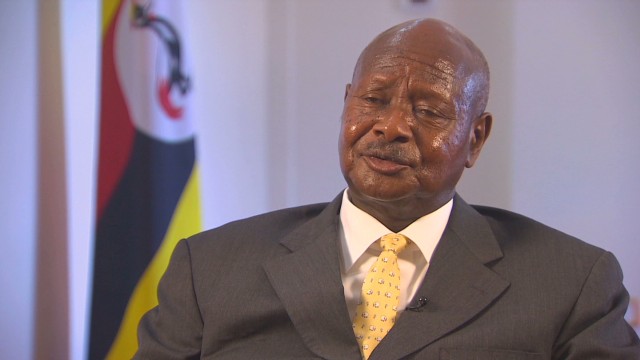U.S. state lawyers don't have to defend gay marriage bans: Holder
0 COMMENTS
(Reuters) - The United States' top law enforcement official has launched into the divisive gay marriage debate by telling a newspaper his state counterparts do not have to defend laws and bans in court that they think are discriminatory.
U.S. Attorney General Eric Holder's comments to the New York Times came after at least five state lawyers, all of them Democrats, came under fire for refusing to try and defeat legal challenges to bars on same-sex unions in their areas.
Some Republicans and campaigners against gay marriage have criticized the stands taken by the state-level attorneys general, saying they have a duty to defend state law, whether they agree with the policy or not.
But Holder, the nation's first black attorney general who has called gay rights one of "the defining civil rights challenges of our time", drew parallels with legal fights over the racial integration of schools in the 1950s.
"If I were attorney general in Kansas in 1953, I would not have defended a Kansas statute that put in place separate-but-equal facilities," Holder said in an interview published on Monday.
Gay couples and rights supporters have launched a series of legal challenges to bans in federal and state courts in recent months following two key decisions from the U.S. Supreme Court last year.
Attorneys general should base their decision on whether to defend their states in such cases, not on politics, but on questions of guarantees under the U.S. Constitution, such as equal protection of the law, Holder added.
"Engaging in that process and making that determination is something that's appropriate for an attorney general to do," Holder told the New York Times.
A decade ago, only one state was preparing to allow same-sex marriages.
Now around 17 states and the District of Columbia allow same-sex nuptials in a movement that has gained momentum since the nation's top court ruled in June that legally married same-sex couples were eligible for federal benefits.
Attorneys general in states such as Nevada, Oregon, Pennsylvania and Virginia, have said they would not defend gay marriage bans.
Their refusals have not led to the automatic overturning of the bans. In Oregon, for example, the ban stood as it was enshrined in the constitution.
Federal judges have ruled gay marriage bans unconstitutional in Utah, Oklahoma and Virginia, but the decisions have been stayed pending appeal.
Holder's view drew opposition from a Republican attorney general, the New York Times reported.
Holder also said he had not reviewed a bill passed by Arizona lawmakers this month allowing businesses to refuse service to customers on religious grounds - which critics decried as anti-gay - but that if it is signed into law it would likely face fast legal challenges.
Arizona's attorney general would have to decide whether to defend it.
















